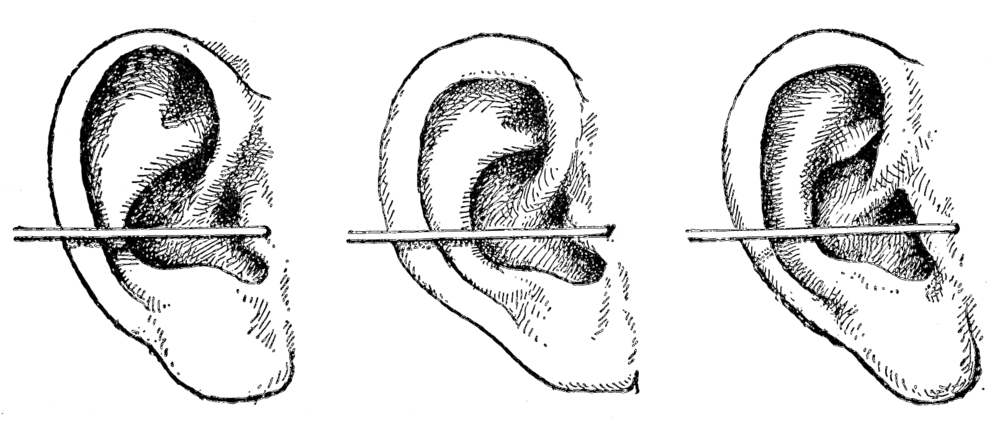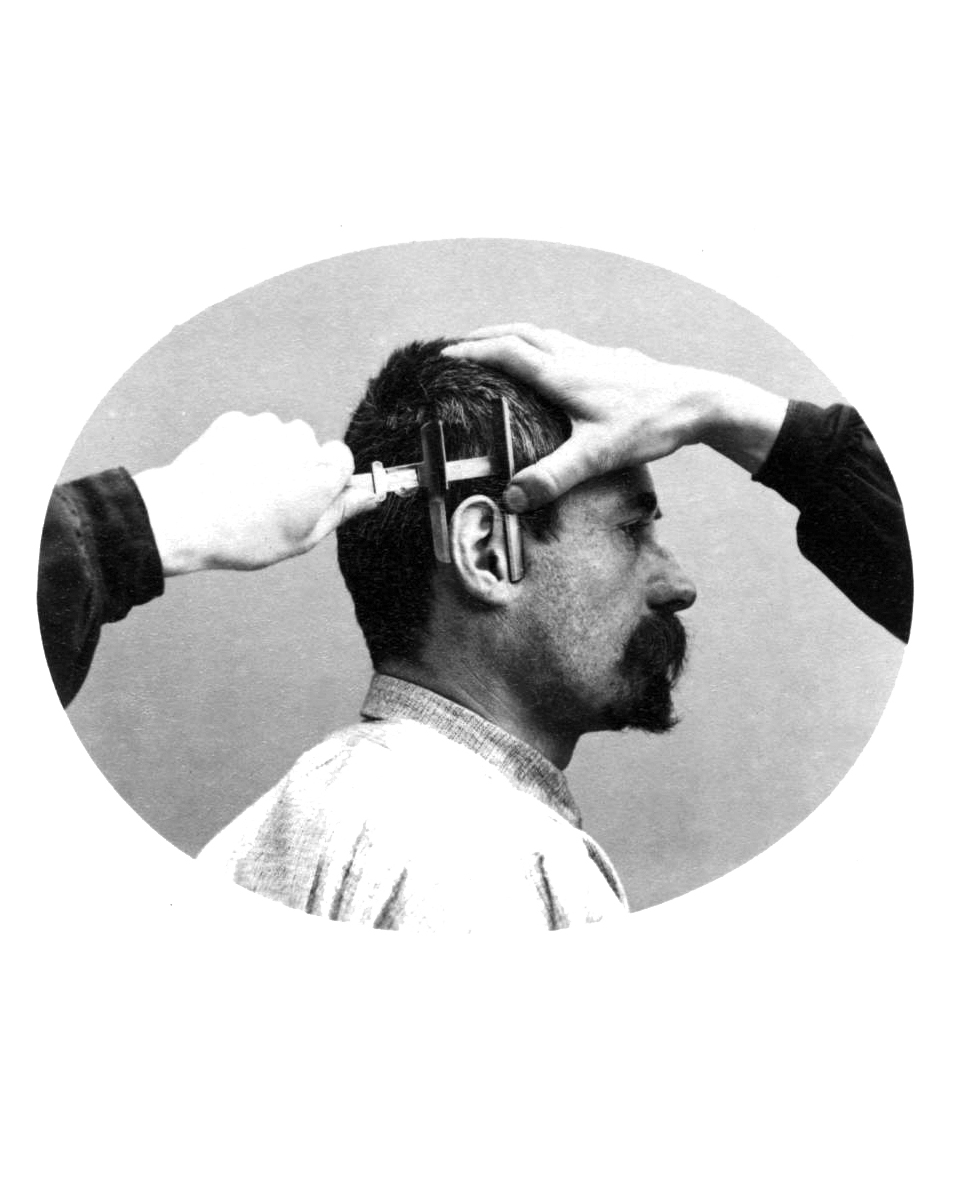Anthropological Repertoire Of Vulnerabilities

“The tradition of the oppressed teaches us that the “state of exception” in which we live is not the exception but the rule.” – Walter Benjamin
We know we are vulnerable in the possibility of the wound and the etymology of the word ‘vulnerable’ word (1) indicates so. Being vulnerable is not a matter of friction between reality and being. Being vulnerable is a matter of fact. We are vulnerable. Between us there are open wounds. The most common are the social tears that come from a respectful fear, that is, the most absolute of shame. Whether in the form of economic crisis, war, terrorism and pandemics (2).
Being able to listen to what we do not want to hear involves attending and listening to differences and more specifically to otherness. To listen to the Other is to get on the edge of our own existence and identity. To listen to the Other is always to become vulnerable.
Ironically the differences that confront our identities are precisely those that generate a noise that we can not stop hearing but which we do not want to pay attention to. The policies of listening are also the politics of alterity that build the social reality of the individual. Deafness in the face of death, suicide, terrorism, intimacy, sex and capitalism in the time of the Anthropocene, climate change and pandemics are characteristics that define us.
The listening act will delve into the anatomy of the social listening of individuals by touching on the themes that touch us silently. Using the act of listening as a source and as a process through different recordings where our voices and our silences will be heard highlighting the differences that separate us between individuals and identify us as a society. Everything that we leave out of the range of listening, not of hearing, betrays us.
The silence that rises between us, where we choose to place the wound of listening, make us vulnerable. In listening the object of study is always ourselves, with our vulnerabilities and our shame, trying avoid the fact that we are hearing what we do not want to listen to. Listening is essentially about vulnerability in different kind of degrees and forms of violence: physical, psychological, emotional, sexual, economical and a long etcetera. In every encounter with the Other, there is a violence which opens a wound where vulnerability becomes flesh and takes form in listening.
Notes:
(1) The word “vulnerable” comes from the Latin “vulnerabilis”, composed of “vulnus” meaning wound and the suffix “abilis” indicating possibility. From there will arise the vulnerability, the verb to violate, the violation, the invulnerable being and its capacity for invulnerability.
(2) In Byung-Chul Han words: “Covid-19 is currently showing that human vulnerability or mortality is not democratic but depends on social status. Death is not democratic. Death has never been democratic. The virus is a mirror. It shows what society we live in. We live in a survival society that is ultimately based on fear of death. Today survival is absolute, as if we were in a permanent state of war. This is the dialectic of the Anthropocene.”
Related sound works → Anthropological Repertoire Of Vulnerabilities
